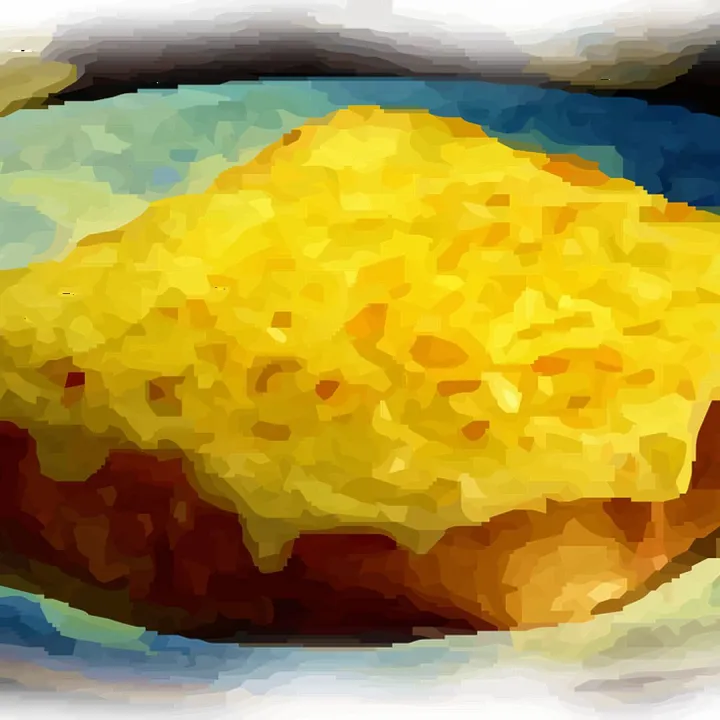







The Shah of Iran
{Born 26 October 1919 in Tehran, Persia
Died 27 July 1980 in Cairo, Egypt }
Mohammad Reza Pahlavi was the Shah of Iran from 16 September 1941 until his overthrow by the Iranian Revolution on 11 February 1979. Mohammad Reza Shah took the title Shāhanshāh ("Emperor" or "King of Kings") on 26 October 1967. He was the second and last monarch of the House of Pahlavi of the Iranian monarchy. Mohammad Reza Shah Pahlavi held several other titles, including that of euro;ryāmehr (Light of the Aryans) and Bozorg Arteshtārān (Head of the Warriors). His dream of a "Great Civilization" in Iran led to a rapid industrial and military expansion as well as economic and social reforms.
Mohammad Reza came to power during World War II after an Anglo-Soviet invasion forced the abdication of his father, Reza Shah. During Mohammad Reza's reign, the Iranian oil industry was briefly nationalized, under Prime Minister Mohammad Mosaddegh, until a US and UK-backed coup d'état deposed Mosaddegh and brought back foreign oil firms. Under Mohammad Reza's reign, Iran marked the anniversary of 2,500 years of continuous Persian monarchy since the founding of the Achaemenid Empire by Cyrus the Great – concurrent with this celebration, Mohammad Reza changed the benchmark of the Iranian calendar from the hegira to the beginning of the First Persian Empire, measured from Cyrus the Great's coronation. Mohammad Reza also introduced the White Revolution, a series of economic, social and political reforms with the proclaimed intention of transforming Iran into a global power and modernising the nation by nationalising certain industries and granting women suffrage.
A secular Muslim, Mohammad Reza gradually lost support from the Shi'a clergy of Iran as well as the working class, particularly due to his strong policy of modernisation, secularisation, conflict with the traditional class of merchants known as bazaari, relations with Israel, and corruption issues surrounding himself, his family, and the ruling elite. Various additional controversial policies were enacted, including the banning of the communist Tudeh Party, and a general suppression of political dissent by Iran's intelligence agency, SAVAK. According to official statistics, Iran had as many as 2,200 political prisoners in 1978, a number which multiplied rapidly as a result of the revolution.
Several other factors contributed to strong opposition to the Shah among certain groups within Iran, the most significant of which were US and UK support for his regime, clashes with Islamists and increased communist activity. By 1979, political unrest had transformed into a revolution which, on 17 January, forced him to leave Iran. Soon thereafter, the Iranian monarchy was formally abolished, and Iran was declared an Islamic republic led by Ruhollah Khomeini. Facing likely execution should he return to Iran, he died in exile in Egypt, whose president, Anwar Sadat, had granted him asylum. Due to his status as the last Shah of Iran, he is often known as simply "the Shah".
Let me tell you quite bluntly that this king business has given me personally nothing but headaches
This article is from our news archive. As a result pictures or videos originally associated with it may have been removed and some of the content may no longer be accurate or relevant.
Get In Touch
AudlemOnline is powered by our active community.
Please send us your news and views using the button below:
Email: editor@audlem.org





